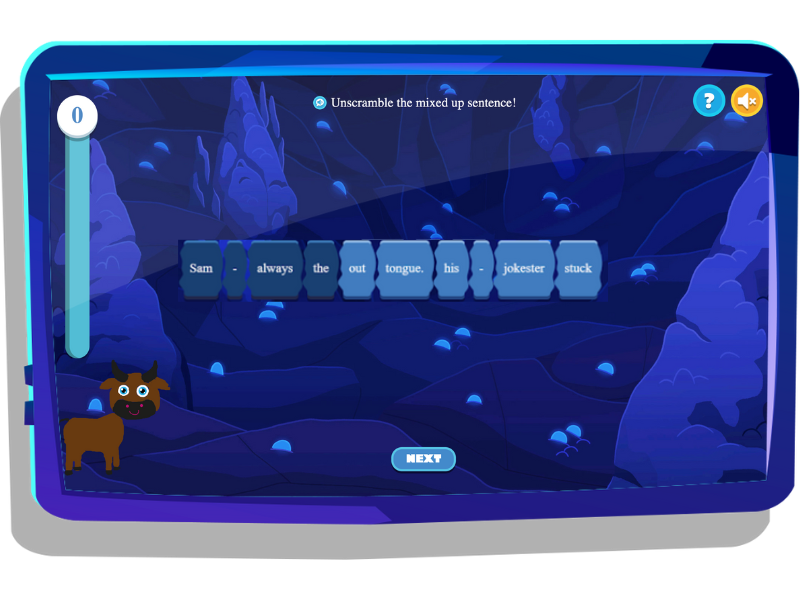Year 6 Punctuation
Discover Year 6 punctuation standards

Home > English > Punctuation > Year 6
Now that your child has reached Year 6, they'll have a good understanding of all the basic punctuation rules. For example, they’ll be able to correctly structure and punctuate a simple sentence, write a well formed question, and properly punctuate dialogue in their stories. They'll also be ready for new challenges and to explore more interesting forms of punctuation and sentence structure.
This guide will take you through a variety of different ways to use punctuation (commas, parentheses, and dashes) to vary sentence structure. Let's get started!
Nonrestrictive Clauses
Sometimes your child may want to add extra information into their sentences. This little bit extra is named a nonrestrictive clause. The sentence will make sense if the extra information is taken out.
They can use three different types of punctuation when adding extra information to our sentence:
- commas
- parentheses
- dashes
Commas
Commas are used to punctuate a nonrestrictive clause when we want the sentence to flow with little interruption.
Example
Sentence: The Professor makes the best hot chocolate.
Nonrestrictive clause: who lives in Igloo City
Combined: The Professor, who lives in Igloo City, makes the best hot chocolate.
N.B. Include a comma before and after the nonrestrictive clause.
Parentheses
Parentheses are used when a nonrestrictive clause is an interruption to an original sentence or thought.
Example
Sentence: Eek the mouse leads the Igloo City Resistance.
Nonrestrictive clause: a plucky, brightly dressed fellow
Combined: Eek the mouse (a plucky, brightly dressed fellow) leads the Igloo City Resistance.
N.B. Use parentheses around a nonrestrictive clause.
Dashes
Dashes are used to punctuate a nonrestrictive clause when the extra information your child is adding is a big interruption to their original sentence or thought.
Example
Sentence: Will’s injury caused him to crumple to the floor.
Nonrestrictive clause: a deep gash
Combined: Will’s injury—a deep gash—caused him to crumple to the floor.
N.B. Use dashes before and after a nonrestrictive clause.
Practice Tip
Challenge your child to unscramble sentences that include dashes to punctuate a nonrestrictive clause. Just like the challenge below that can be found on Night Zookeeper:

How Night Zookeeper can help

Night Zookeeper is a reading & writing program created to make learning fantastically fun for children!
Our wide range of gamified educational content targets all literacy topics, including spelling, grammar, punctuation, reading, and writing.
Here are some of the thousands of resources available on our program right now:
- Punctuation games
- Interactive lesson series
- Vocabulary word games
- Printable worksheets for offline learning
- Pre-made lesson plans to take the work off your shoulders
Sign up today to start a FREE 7-day trial!
Related articles


Make Reading & Writing Fantastically Fun!
- Award-winning reading & writing program for kids
- Improves spelling, grammar, punctuation & vocabulary
- Over 1,000 different learning games and activities



